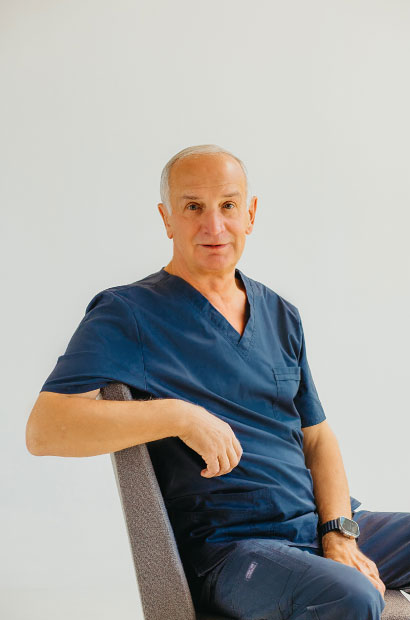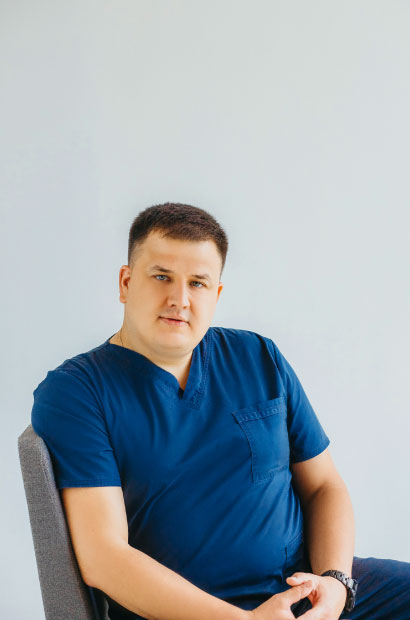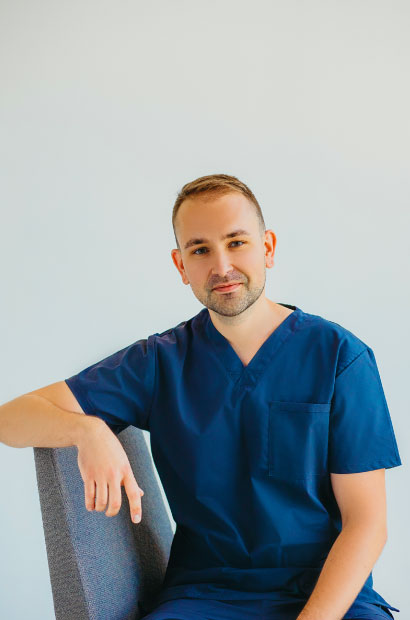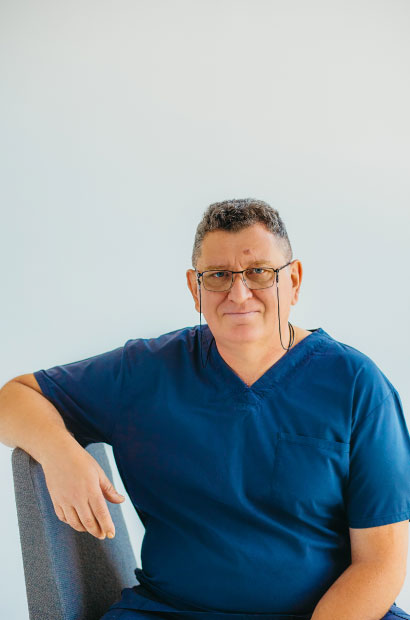Tubular (tuberous) breasts are mammary glands, which are not formed into regular hemispheres, but they have the shape of tubes (tubules).
The causes of this pathology have not been established. The anatomical basis is the congenital absence of the external layer of the superficial fascia in the region of the nipple-areola complex. A dense fibrous ring should be formed at its edges, it is inflexible in the lower sections especially.
Signs of the tubular breast:
- Conic, prolate breast shape.
- Underdeveloped areola.
- Stretched, enlarged, protruding areola.
- Small breast base.
- Unnaturally tight skin of the mammary glands.
- Breast ptosis.
There are three types or stages of the tubular breasts:
- Hypoplasia (deficiency) of tissues in the inner lower part of the breast. It is defined by minimal elongation of the breast towards the nipple, slight ptosis of the nipple-areola complex, unnatural rise of the mammary gland.
- Hypoplasia (deficiency) of tissues in the entire lower part of the breast. It manifests itself in a pronounced shortage of breast volume with a markedly prolate form. The mammary glands are far apart from each other, the areolas are stretched, the nipples are flattened.
- Hypoplasia (deficiency) of tissues over the entire breast area. It is characterized by a complete lack of breast volume, greatly increased areolas and very flat nipples.
Indications
Correction of the tubular breast is performed in order to:
- Increase the breast base.
- Enhance the mammary glands volume.
- Improve the breast shape.
- Form a new inframammary fold.
- Eliminate mammary glands ptosis.
- Reduce the diameter of the areola.
- Correct breast asymmetry.
- Keep breast sensitivity.
- Preserve the lactation function.
General contraindications: cancer, cardiovascular and acute infectious diseases, chronic hypertensive disease, thyroid disorders, diabetes mellitus, blood-clotting disorder, under 18 years old patients, obesity, pre-arranged pregnancy, recent lactation.
Stages of the surgery
- Access to the areola is opened, incisions are made around the areola perimeter, and the areola diameter is reduced at the same time.
- The excess tissues are removed, inframammary fold is shifted lower.
- If necessary, the base of the mammary gland is enhanced in order to create an area for the further implant placing. Gland tissues are straightened and stretched with a special device (expander).
- The implant is placed in a specially created cavity, a “pocket”. A drainage tube is inserted under vacuum in order to remove the blood clots that were formed (it is removed in 1-2 days after surgery).
- If necessary, the shape and size of the nipple are corrected.
- Internal tissue incisions are sutured with absorbable threads.
- Cosmetic stitches are put.
How is the surgery performed in “Certus” clinic?
Pre-surgery examination: 1 hour.
Duration of the surgery: 1-3 hours (depending on the complexity of the operation). The patient stays in a clinical setting for 1-3 days.
Anaesthesis: general anesthesia.
Incision options include: along the areolar edge, the fold under the breast and in the armpit. A breast implant is inserted under the mammary gland or under the greater pectoral muscle. The process of scars healing takes 6-12 months, after which they are hardly notable.
*Recovery period. After the surgery, the patient wears special compression garments for 4-6 weeks. The sutures are removed in 7-14 days. The swells and bruises disappear in a few weeks. The final formation of the mammary glands occurs in 3-4 months after the surgery.
*Side effects: temporary bruises, swellings, reduced breast sensation, slight soreness.
*Risks: infectious complications, hematomas, sustainable healing process, reduced nipple, areoles or breast sensation; asymmetry of breast’s shape and size, deformation of the breast contours, the capsular contracture formation (in case of prosthetics), loss of breastfeeding possibility.
*Long-term result.
Pregnancy, aging, weight fluctuations can lead to changes in the shape and size of the breast.
*The effect, result, risks, and recovery period depend on the individual peculiarities of the human body.








Add review